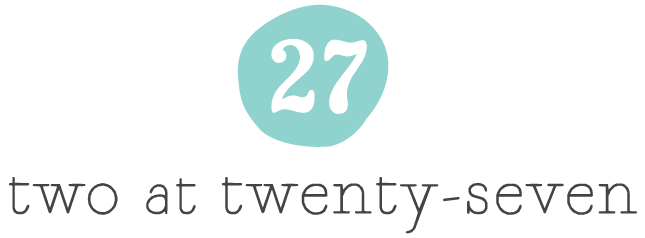“People wait all week for Friday, all year for summer, all life for happiness.”
I haven’t waited all week for Friday, but I’m glad it’s here. Now I’m trying to decide if I hold out for summer all year? Not necessarily. And I’m definitely not waiting for happiness. I can conjure up contentment in my brain if I have my head screwed on tight. Just last week, a friend asked me how to navigate life’s trickiest (euphemism) moments; my dog-tired mind produced this initial answer: Read more World War II Lit. Don’t think for a minute exhaustion got the better of me on this one. That’s a good answer and I’m standing by it. Why? Because World War II novels give me the gift of perspective. (Perspective is my bigger final/philosophical answer to her question).
Can World War II lit be hard to read? Yes. Can history haunt us? Yes. Is the unimaginable possible? Yes. But what we gain from reading about atrocities, suffering, and poor choices does grant us important perspective. Maybe it informs future choices (learn from mistakes sorta thing)? Either way, I’m grateful I met Anke Hoff, a German midwife. She is an admirable and strong female character. She has a strong sense of right and wrong. When Anke is apprehended in the streets of Berlin and sent to a work camp because of her family’s anti-Reich sentiments, she dedicates herself to keeping pregnant inmates and newborns alive. Later, Anke is chosen to care for Hitler’s mistress, Eva Braun; she then faces the biggest moral dilemma of her life—does she serve the loathsome Reich and protect Hitler’s child (and ensure her family’s safety), or does she sacrifice an innocent baby in hopes of a better world? You’ll have to read Robotham’s debut novel to find the answer to that tough one. At times, details slow down the pace a bit. The German Midwife still proved interesting—and naturally, thankfully, it provided me perspective.

